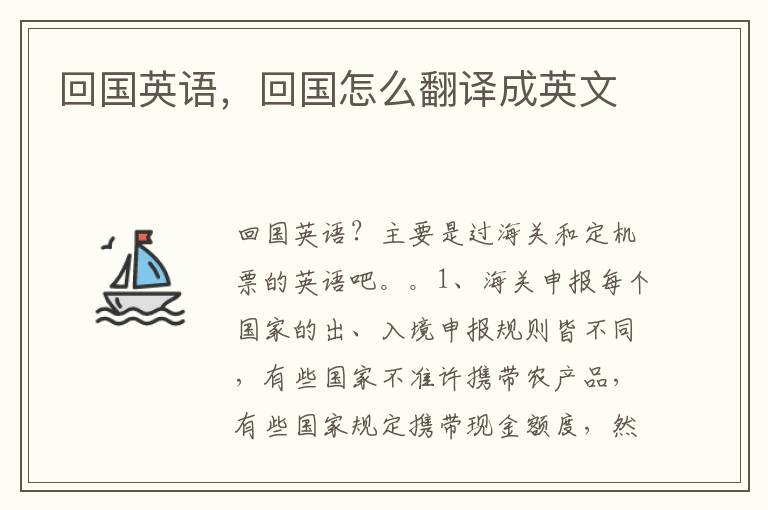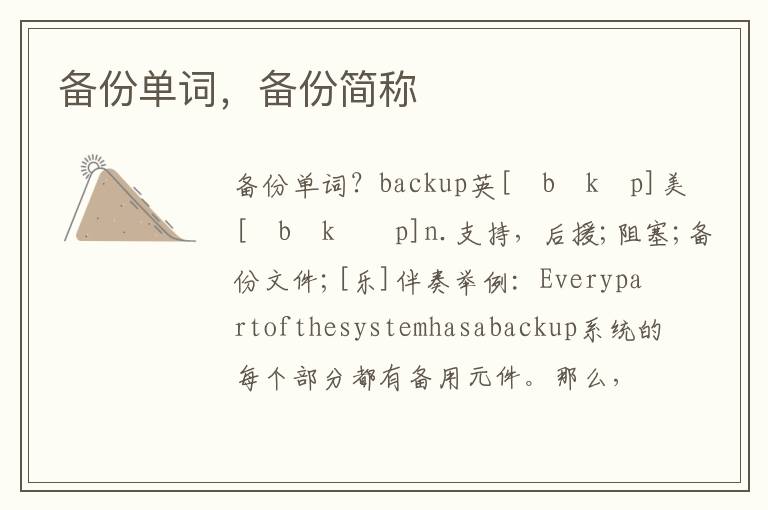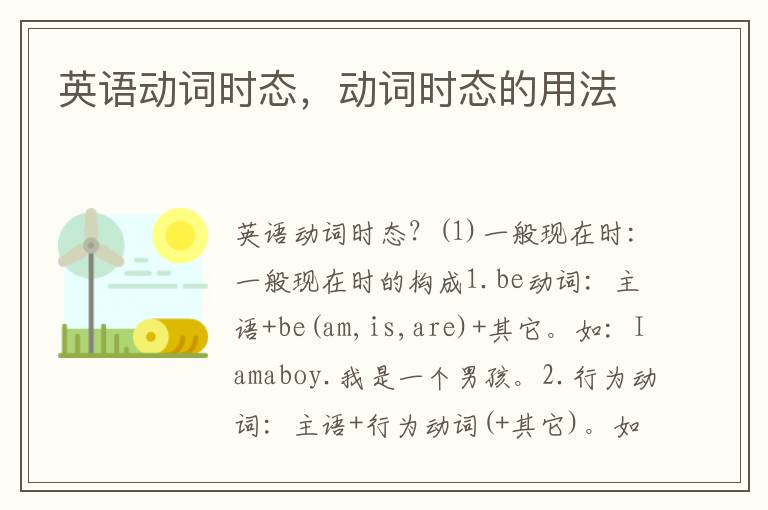【简介】感谢网友“雕龙文库”参与投稿,这里小编给大家分享一些,方便大家学习。
Myanmar's government Monday said it has ended the censorship of local publications, more than a year after it began a series of reforms aimed at freeing up the country's closely restricted media.
缅甸政府周一说,已终止了针对国内出版物的审查制度。一年多以前,缅甸开始着手进行一系列改革,旨在放开该国受到严格束缚的媒体。
The country's Ministry of Information announced the move in a statement on its website Monday morning, saying censorship prior to publication is no longer required as of Monday..
缅甸信息部周一上午在官网上的一份声明里宣布了这一举措,说从周一起,出版前不再要求进行审查。
'When we started the media reform in June 2011 we intended to abolish press censorship in one year,' ministry official Ye Htut said. 'During this process we faced some challenges but after 13 months we reached our goal.'
缅甸信息部官员Ye Htut说,2011年6月我们开始进行媒体改革时,打算一年后废除资讯审查制度;在这个过程中,我们遇到了一些挑战,但经过13个月的努力,我们实现了这一目标。
Opening the country's closely monitored media has been one of the linch pins of Myanmar's reform process. After the army handed over power to a nominally civilian government last year, local publications began testing the limits of what they could and couldn't publish. Many found that authorities were prepared to allow more space for criticism and debate than they expected. This, along with prisoner releases and other political reforms, led to a flourishing newspaper sector and also helped encourage the U.S. and European Union to relax some of their sanctions on the country.
放开受到严密监控的媒体一直是缅甸改革进程的关键点之一。在去年缅甸军方将权力移交给名义上的文职政府后,缅甸出版部门便开始试探出版底线,了解什么能出版,什么不能出版。很多出版部门发现,缅甸有关部门已经准备好留出批评和讨论空间,而且超出了他们的预期。这一点(连同释放囚犯等政治改革)曾给缅甸报业带来繁荣发展,也在一定程度上对美国和欧盟(European Union)放宽对缅甸的部分制裁起到了鼓励作用。
Pre-publication censorship, however, which required newspapers and magazines to submit articles to government censors for inspection, continued for many political and news publications.
然而,针对很多政治和资讯出版物的出版前审查制度仍继续存在。该制度规定,报纸和杂志须将拟刊登的文章交给政府审查机构进行检查。
As recently as this month, the government took action against publications for violating censorship rules. Two news journals were briefly suspended from publication after they reported on a rumored cabinet reshuffle without the prior permission of the government, triggering unprecedented protests among local journalists. Three weekly news journals─The Messenger, Express Time and The Nation─blacked out sections of their front pages to show their support for the two suspended publications, The Voice and The Envoy.
就在本月,缅甸政府还对违反审查规定的刊物采取了惩罚措施。两家资讯期刊当时被勒令暂停出版,原因是它们没有事先征得缅甸政府的批准就对传言的内阁重组进行了报道。此事引发了国内资讯从业者前所未有的抗议。三家资讯周刊The Messenger、Express Time和The Nation均涂黑了头版文章的部分内容,以示对The Voice和The Envoy这两家遭暂停刊物的支持。
Now, though, the Information Ministry says political and religious newspapers and magazines will be allowed to publish without pre-approval of the government's censors, although it remains unclear how, if at all, the military-backed army will respond to direct vigorous examination in the country's media.
虽然缅甸信息部现在说,政治和宗教报纸、杂志不用获得政府审查机构的批准就可出版发行,但目前不清楚,受军方支持的缅甸政府将如何应对国内媒体直接而有力的质问。
Myanmar's government Monday said it has ended the censorship of local publications, more than a year after it began a series of reforms aimed at freeing up the country's closely restricted media.
缅甸政府周一说,已终止了针对国内出版物的审查制度。一年多以前,缅甸开始着手进行一系列改革,旨在放开该国受到严格束缚的媒体。
The country's Ministry of Information announced the move in a statement on its website Monday morning, saying censorship prior to publication is no longer required as of Monday..
缅甸信息部周一上午在官网上的一份声明里宣布了这一举措,说从周一起,出版前不再要求进行审查。
'When we started the media reform in June 2011 we intended to abolish press censorship in one year,' ministry official Ye Htut said. 'During this process we faced some challenges but after 13 months we reached our goal.'
缅甸信息部官员Ye Htut说,2011年6月我们开始进行媒体改革时,打算一年后废除资讯审查制度;在这个过程中,我们遇到了一些挑战,但经过13个月的努力,我们实现了这一目标。
Opening the country's closely monitored media has been one of the linch pins of Myanmar's reform process. After the army handed over power to a nominally civilian government last year, local publications began testing the limits of what they could and couldn't publish. Many found that authorities were prepared to allow more space for criticism and debate than they expected. This, along with prisoner releases and other political reforms, led to a flourishing newspaper sector and also helped encourage the U.S. and European Union to relax some of their sanctions on the country.
放开受到严密监控的媒体一直是缅甸改革进程的关键点之一。在去年缅甸军方将权力移交给名义上的文职政府后,缅甸出版部门便开始试探出版底线,了解什么能出版,什么不能出版。很多出版部门发现,缅甸有关部门已经准备好留出批评和讨论空间,而且超出了他们的预期。这一点(连同释放囚犯等政治改革)曾给缅甸报业带来繁荣发展,也在一定程度上对美国和欧盟(European Union)放宽对缅甸的部分制裁起到了鼓励作用。
Pre-publication censorship, however, which required newspapers and magazines to submit articles to government censors for inspection, continued for many political and news publications.
然而,针对很多政治和资讯出版物的出版前审查制度仍继续存在。该制度规定,报纸和杂志须将拟刊登的文章交给政府审查机构进行检查。
As recently as this month, the government took action against publications for violating censorship rules. Two news journals were briefly suspended from publication after they reported on a rumored cabinet reshuffle without the prior permission of the government, triggering unprecedented protests among local journalists. Three weekly news journals─The Messenger, Express Time and The Nation─blacked out sections of their front pages to show their support for the two suspended publications, The Voice and The Envoy.
就在本月,缅甸政府还对违反审查规定的刊物采取了惩罚措施。两家资讯期刊当时被勒令暂停出版,原因是它们没有事先征得缅甸政府的批准就对传言的内阁重组进行了报道。此事引发了国内资讯从业者前所未有的抗议。三家资讯周刊The Messenger、Express Time和The Nation均涂黑了头版文章的部分内容,以示对The Voice和The Envoy这两家遭暂停刊物的支持。
Now, though, the Information Ministry says political and religious newspapers and magazines will be allowed to publish without pre-approval of the government's censors, although it remains unclear how, if at all, the military-backed army will respond to direct vigorous examination in the country's media.
虽然缅甸信息部现在说,政治和宗教报纸、杂志不用获得政府审查机构的批准就可出版发行,但目前不清楚,受军方支持的缅甸政府将如何应对国内媒体直接而有力的质问。









